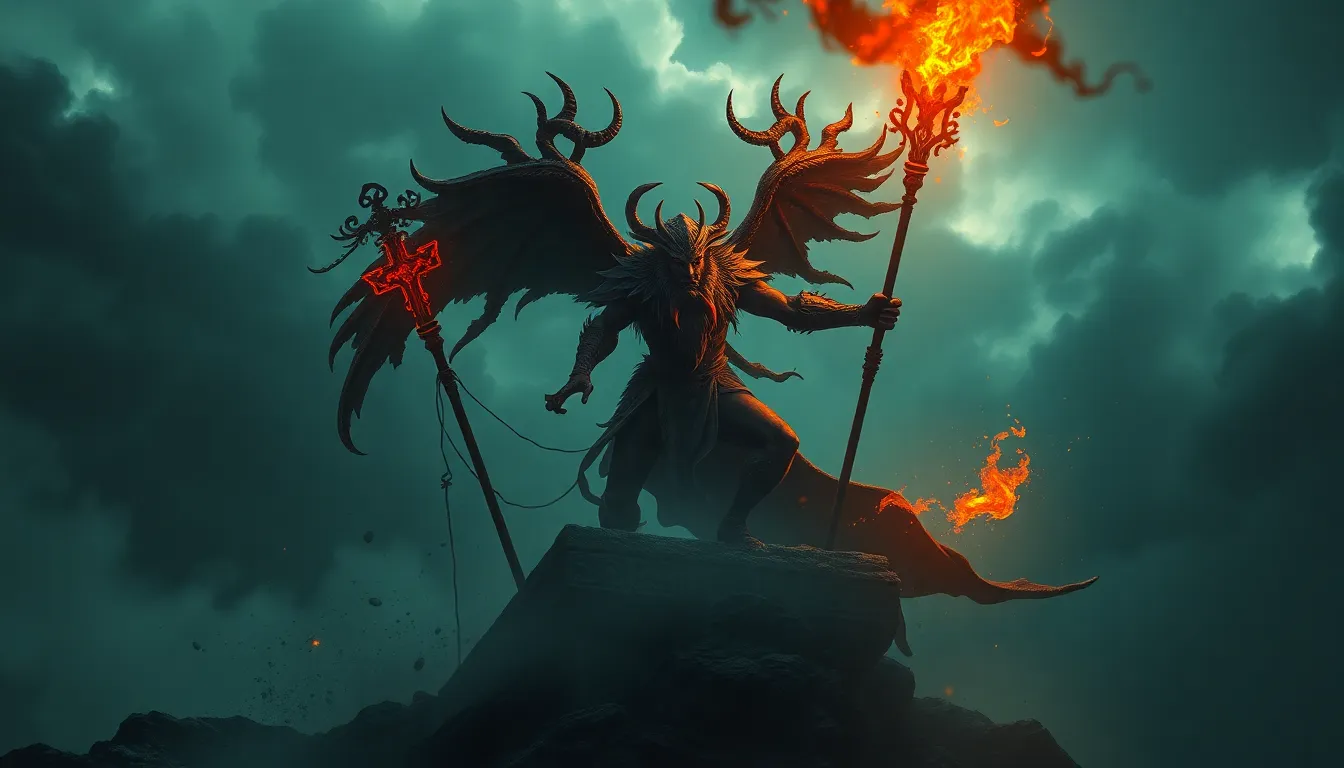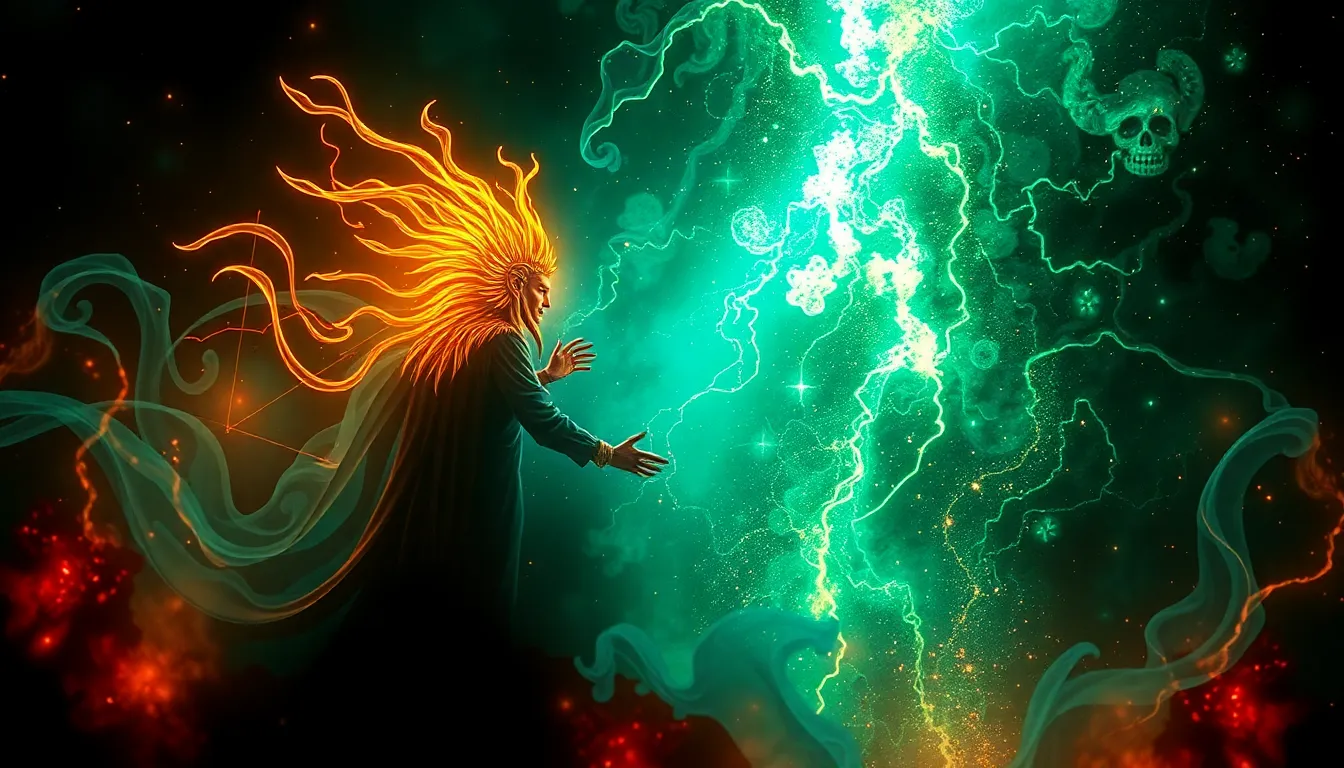Cultural Hero Myths: The Stories That Inspire Action
Introduction to Cultural Hero Myths
Cultural hero myths are foundational narratives that embody the values, ideals, and aspirations of a society. These stories often depict extraordinary individuals who face significant challenges, ultimately achieving greatness or making a profound impact on their community. Hero myths serve as powerful tools for storytelling, helping to shape societal values and inspire individuals to action.
This article explores the origins, characteristics, and impact of cultural hero myths across various cultures and time periods. We will examine how these narratives inspire individuals and communities, shaping identities and catalyzing social movements.
The Origins of Hero Myths Across Cultures
Hero myths have deep historical roots, emerging in various cultures around the world. From the epic tales of ancient civilizations to contemporary folklore, these narratives often share common themes and motifs:
- The Hero’s Journey: A common narrative arc where the hero embarks on an adventure, faces trials, and returns transformed.
- Good vs. Evil: The struggle between opposing forces, highlighting moral dilemmas and ethical choices.
- Transformation: The hero undergoes personal growth, symbolizing the potential for change in society.
These myths reflect societal ideals and aspirations, often embodying the values that a culture cherishes. As cultures evolve, so too do their hero myths, adapting to reflect the changing social landscape.
Key Characteristics of Cultural Heroes
Cultural heroes are often defined by specific traits that resonate across different societies. Some of the key characteristics include:
- Bravery: The willingness to confront danger or adversity.
- Sacrifice: A commitment to the greater good, often at a personal cost.
- Resilience: The ability to persist in the face of challenges.
While these traits are celebrated, heroes are also defined by their flaws and vulnerabilities. This complexity makes them relatable and human, allowing audiences to see themselves in these narratives.
Cultural Heroes in Ancient Civilizations
Ancient civilizations produced some of the most enduring hero myths that continue to influence modern storytelling. Notable examples include:
- Hercules: A demigod known for his strength and heroic deeds, representing the ideal of courage and perseverance.
- Gilgamesh: The Sumerian king who embarks on a quest for immortality, reflecting humanity’s struggle with mortality.
- Osiris: The Egyptian god of the afterlife, symbolizing resurrection and the cyclical nature of life.
These myths not only entertained but also served as moral frameworks for early societies, guiding behavior and establishing social norms.
Modern Cultural Heroes: Icons of Today
In contemporary society, figures like Nelson Mandela and Malala Yousafzai are often regarded as cultural heroes. Their stories of courage and commitment to justice resonate globally, inspiring individuals to pursue change.
The impact of media and technology has also transformed the dissemination of modern hero myths. Social media, documentaries, and literature help amplify the stories of these individuals, making their messages accessible to a wider audience.
Modern heroes often serve as catalysts for social change, encouraging people to take action on issues like human rights, education, and environmental justice.
The Role of Myth in Social Movements
Cultural hero myths play a crucial role in inspiring collective action. Throughout history, social movements have drawn upon these narratives to mobilize communities and galvanize support. For example:
- Civil Rights Movement: Figures like Martin Luther King Jr. emerged as modern heroes, embodying ideals of equality and justice.
- Climate Activism: Young leaders such as Greta Thunberg have become symbols of the fight against climate change, inspiring a global youth movement.
The psychological and emotional impact of these hero stories can be profound, fostering a sense of unity and purpose within communities striving for change.
Cultural Hero Myths and Identity Formation
Hero narratives significantly influence personal and collective identities. They provide role models and inspire individuals to aspire to greatness, shaping a sense of belonging and community. Additionally, cultural hero myths intersect with issues of race, gender, and cultural identity, highlighting the diverse experiences and struggles of different groups.
Critiques and Controversies Surrounding Hero Myths
Despite their inspirational nature, hero myths are not without controversy. Idolizing heroes can lead to revisionist history, where complex figures are oversimplified into symbols of virtue. This can obscure the nuances of their actions and the socio-political contexts in which they operated.
It is essential to balance hero worship with critical analysis, recognizing that heroes are often flawed individuals who navigated complicated realities.
The Evolution of Hero Myths in Popular Culture
Hero narratives continue to evolve in popular culture, finding new expression in literature, film, and other media. The transformation of hero archetypes reflects cultural shifts and changing societal values. For instance:
- Traditional heroes like King Arthur are reimagined in contemporary adaptations, often highlighting themes of inclusivity and diversity.
- Superhero films have become a dominant genre, representing modern ideals of justice and morality.
These trends in storytelling illustrate how hero myths adapt over time, maintaining their relevance in a rapidly changing world.
Conclusion
Cultural hero myths are powerful narratives that inspire action and shape identities across time and cultures. From ancient civilizations to modern icons, these stories reflect societal ideals while catalyzing social change. As we continue to engage with these narratives, it is important to critically examine their complexities, recognizing both their inspirational power and their potential pitfalls.



